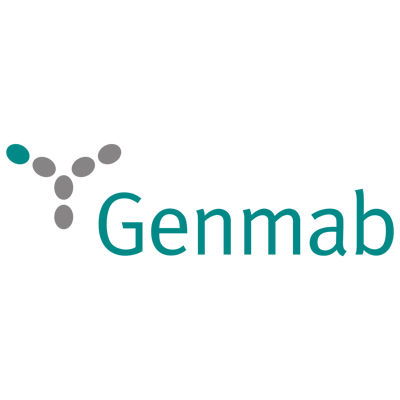预约演示
更新于:2025-05-07
Pemphigus Vulgaris, Familial
家族性寻常型天疱疮
更新于:2025-05-07
基本信息
别名 Familial pemphigus vulgaris、PEMPHIGUS VULGARIS, FAMILIAL、Pemphigus vulgaris, familial + [1] |
简介- |
关联
2
项与 家族性寻常型天疱疮 相关的药物靶点 |
作用机制 CD20抑制剂 [+3] |
在研机构 |
原研机构 |
最高研发阶段批准上市 |
首次获批国家/地区 美国 |
首次获批日期1997-11-26 |
靶点 |
作用机制 DSG3调节剂 |
在研适应症 |
非在研适应症- |
最高研发阶段临床1/2期 |
首次获批国家/地区- |
首次获批日期1800-01-20 |
100 项与 家族性寻常型天疱疮 相关的临床结果
登录后查看更多信息
100 项与 家族性寻常型天疱疮 相关的转化医学
登录后查看更多信息
0 项与 家族性寻常型天疱疮 相关的专利(医药)
登录后查看更多信息
35
项与 家族性寻常型天疱疮 相关的文献(医药)2025-03-26·Clinical and Experimental Dermatology
Refractory benign familial pemphigus successfully treated with dupilumab: a case series
Article
作者: Simon Gozalbo, Ana ; Martin Diaz, Maria A ; Carrascosa de Lome, Raquel ; de la Cueva Dobao, Pablo ; Mauleon Fernandez, Cristina
2025-03-01·Pediatric Dermatology
Pemphigus Vulgaris With Esophageal Involvement in an Atopic Child Successfully Treated With Dupilumab
Article
作者: Leiferman, Kristin M. ; Milner, Joshua D. ; Yun, Sonora ; Lauren, Christine T. ; Scollan, Margaret E. ; Jenkins, Blair A. ; Defelice, Amy R.
2022-11-01·Pediatric Dermatology
Management of pediatric pemphigus vulgaris with rituximab: A case report and review of the literature
Review
作者: Mistry, Bhavik Dipak ; Levy, Rebecca ; Lee, David Michael ; Leis, Maria
分析
对领域进行一次全面的分析。
登录
或

生物医药百科问答
全新生物医药AI Agent 覆盖科研全链路,让突破性发现快人一步
立即开始免费试用!
智慧芽新药情报库是智慧芽专为生命科学人士构建的基于AI的创新药情报平台,助您全方位提升您的研发与决策效率。
立即开始数据试用!
智慧芽新药库数据也通过智慧芽数据服务平台,以API或者数据包形式对外开放,助您更加充分利用智慧芽新药情报信息。
生物序列数据库
生物药研发创新
免费使用
化学结构数据库
小分子化药研发创新
免费使用


